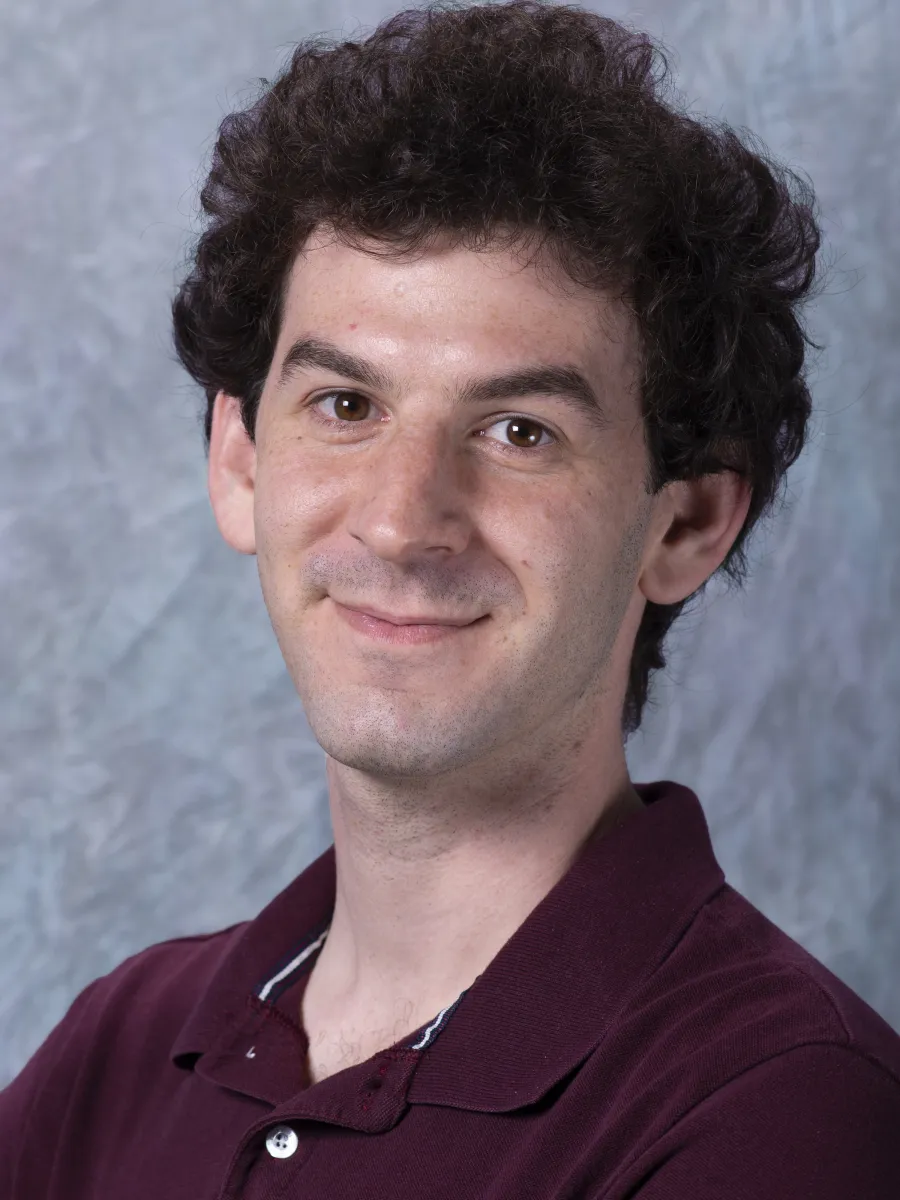Peter Felsman
Assistant Professor
Peter Felsman is an assistant professor in the Social Work Department. He received his doctorate in social work and psychology from the University of Michigan, where his dissertation focused on improvisational theater as an indirect, non-stigmatizing mental health intervention.
After earning his Ph.D., Peter worked as a postdoctoral associate at Stony Brook University in Clinical Psychology and Science Communication. There, he conducted research on mental health and communication, and taught undergraduate and graduate students.
As a social work practitioner, Peter is licensed in both Michigan and New York. He trained as a therapist at the Women’s Center of Southeastern Michigan as well as Stony Brook University’s Krasner Psychological Center, and currently maintains a small private practice.
Education
BM (Percussion Performance), University of Michigan, 2013
BA (Psychology), University of Michigan, 2013
MSW (Interpersonal Practice and Mental Health), University of Michigan, 2015
MS (Psychology), University of Michigan, 2016
PhD (Social Work and Psychology), University of Michigan, 2019
Scholarship
Peter’s published work focuses on mindfulness, improvisation, and the arts as practices for
promoting psycho-social function. He has served as a reviewer for journals including Cognitive Science, Aging and Mental Health, Psychology of Aesthetics, Creativity, and the Arts, and Design Science. His current projects focus on improvisational theater as an indirect mental health intervention, low-intensity interventions, effective communication, increasing access to mental health services through technological innovations, and training mental healthcare providers.
Publications
Hauschild, K.M., Felsman, P., Keifer, C.M., & Lerner, M.D. (2020). Evidence of an own-age bias in facial emotion recognition for individuals with and without autism spectrum disorder. Frontiers in Psychiatry, 11, 428.
Felsman, P., Gunawardena, S., Seifert, C. M. (2020). Improv experience promotes divergent thinking, uncertainty, and affective well-being. Thinking Skills and Creativity, 35, 100632.
Felsman, P., Seifert, C. M., & Himle, J. A. (2019) The use of improvisational theater training to reduce social anxiety in adolescents. The Arts in Psychotherapy, 63, 111-117. Felsman, P., Verduyn, P., Ozlem, A., & Kross, E. (2017). Being present: Focusing on the present predicts improvements in life satisfaction but not happiness. Emotion, 17(7), 1047.

